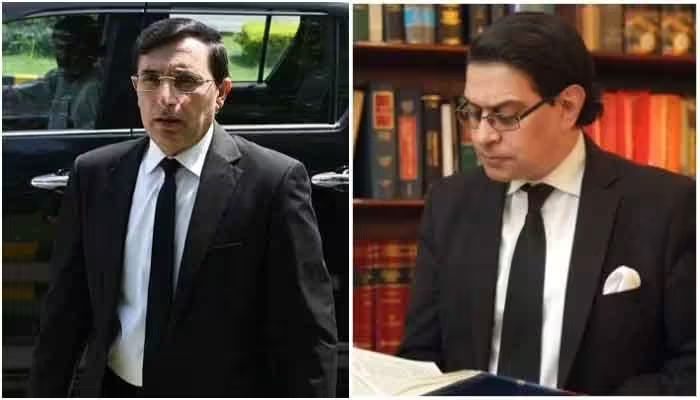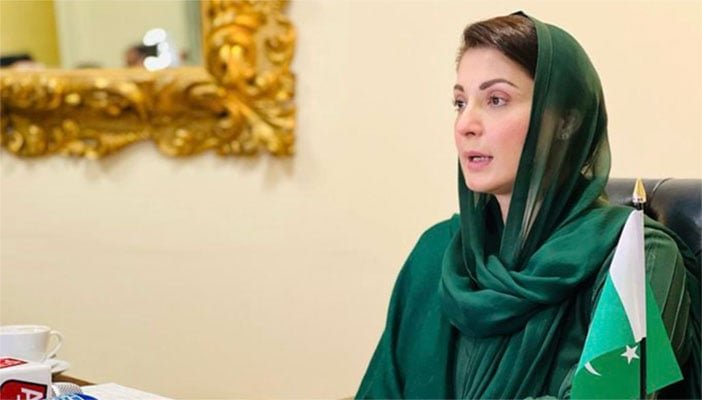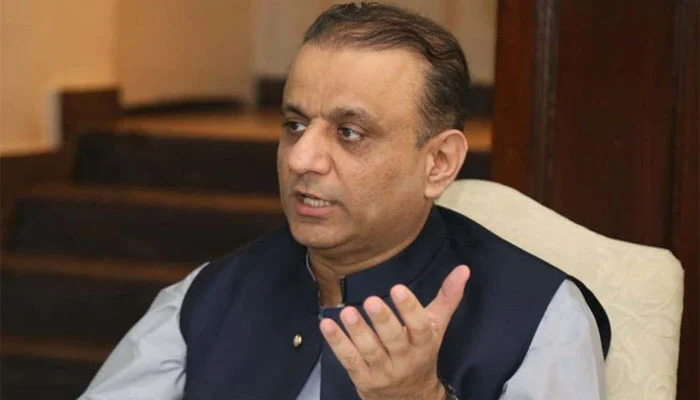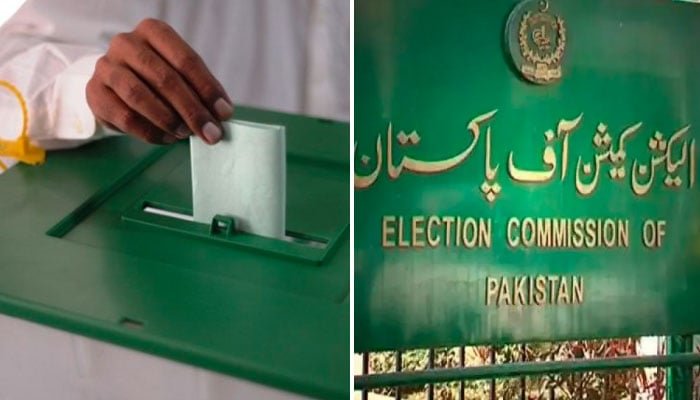In a series of escalating events surrounding the political unrest in Rawalpindi, Pakistan Tehreek-e-Insaf (PTI) has claimed that Islamabad police briefly detained two prominent figures from their party, Barrister Gohar Khan and Salman Akram Raja, before releasing them. The incident has drawn significant attention as PTI protests continued in the city, challenging the local administration’s efforts to maintain order.
Detention of PTI Leaders
According to an official statement issued by PTI, Barrister Gohar Khan, one of the key figures in the party’s legal team, and Salman Akram Raja, a notable lawyer and supporter of PTI, were stopped by Islamabad police while traveling near Sector H-13. Their vehicle was reportedly intercepted by the police, who proceeded to detain both individuals and transport them in a police van. The detention caused an uproar within PTI, with party members expressing outrage over what they saw as an attempt to intimidate and disrupt their planned activities.
The detention occurred in the context of heightened tensions between PTI supporters and the government, as PTI had announced plans for a significant protest in Rawalpindi. PTI’s protest was organized to voice grievances over the current administration and demand greater accountability from the government.
Release of Barrister Gohar and Salman Akram Raja
Later in the day, both Barrister Gohar and Salman Akram Raja were released by the police after being held for a short period. Their release came after they were reportedly detained to prevent them from reaching the PTI protest site in Rawalpindi. After their release, Barrister Gohar made a statement indicating that they had been detained briefly but were not subjected to any harsh treatment during their time in custody.
He further added, “We were released after being detained for some time, and were barred from traveling to Rawalpindi.” This indicates that while the authorities may have released the PTI leaders, restrictions were placed on their movements to prevent them from joining the larger demonstration.
Clashes Between PTI Workers and Police
In a related incident, PTI supporters clashed with law enforcement at Committee Chowk in Rawalpindi. PTI workers reportedly pelted stones at the police, prompting the police to respond with tear gas shelling. The clashes resulted in several arrests as police attempted to disperse the crowd and regain control of the situation. This confrontation escalated the already tense atmosphere in Rawalpindi as the PTI protest gained momentum.
Rawalpindi has become a focal point of political unrest in recent days, with PTI organizing protests to challenge the government. The situation remains volatile, as both sides—PTI supporters and the local administration—are locked in a standoff over the right to protest and the enforcement of law and order.
Section 144 Imposed in Rawalpindi
In anticipation of the PTI protest, the Rawalpindi administration imposed Section 144, which restricts public gatherings and protests without prior approval. The move is aimed at preventing unrest and maintaining peace in the city, as officials feared that the protest could disrupt law and order. Under Section 144, all major routes leading from Punjab and Khyber Pakhtunkhwa to Rawalpindi were closed to prevent the influx of PTI supporters from outside the city.
This preventive measure included road blockages, increased police presence, and the deployment of Rangers to key locations around Rawalpindi. Despite these efforts, PTI supporters still managed to gather in various parts of the city, leading to the aforementioned clashes.
PTI’s Stance and the Government’s Response
The Pakistan Tehreek-e-Insaf leadership has condemned the actions taken by the police and the local administration. PTI sees the detention of their leaders and the enforcement of Section 144 as an attempt to suppress their right to protest. PTI has been vocal in its criticism of the government, accusing it of using heavy-handed tactics to stifle opposition and silence dissent.
On the other hand, the government has defended its actions, citing the need to maintain public order and prevent violence. The imposition of Section 144, according to officials, was necessary to prevent potential unrest that could arise from large gatherings in an already charged political environment. The clashes between PTI workers and the police at Committee Chowk have further reinforced the government’s concerns about the potential for violence.
Political Unrest in Rawalpindi
The political situation in Rawalpindi remains tense, with PTI continuing to rally its supporters despite the government’s efforts to quell the unrest. The protest in Rawalpindi is part of a larger national movement by PTI, aimed at challenging the government’s policies and demanding transparency and accountability.
As tensions escalate, it remains to be seen how the situation will unfold in the coming days. The PTI protest in Rawalpindi has highlighted the growing divide between the government and opposition forces, with each side showing no signs of backing down.
The brief detention of Barrister Gohar Khan and Salman Akram Raja, along with the subsequent clashes between PTI workers and police, has added fuel to the already tense political climate in Rawalpindi. The enforcement of Section 144 and the government’s efforts to control the situation have only deepened the divide between PTI and the administration. As the political unrest continues, both sides are preparing for what could be an extended standoff in Rawalpindi, with the potential for further escalation in the days to come.



